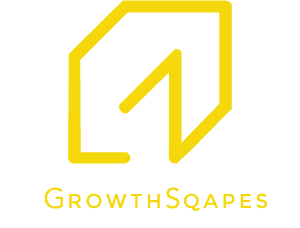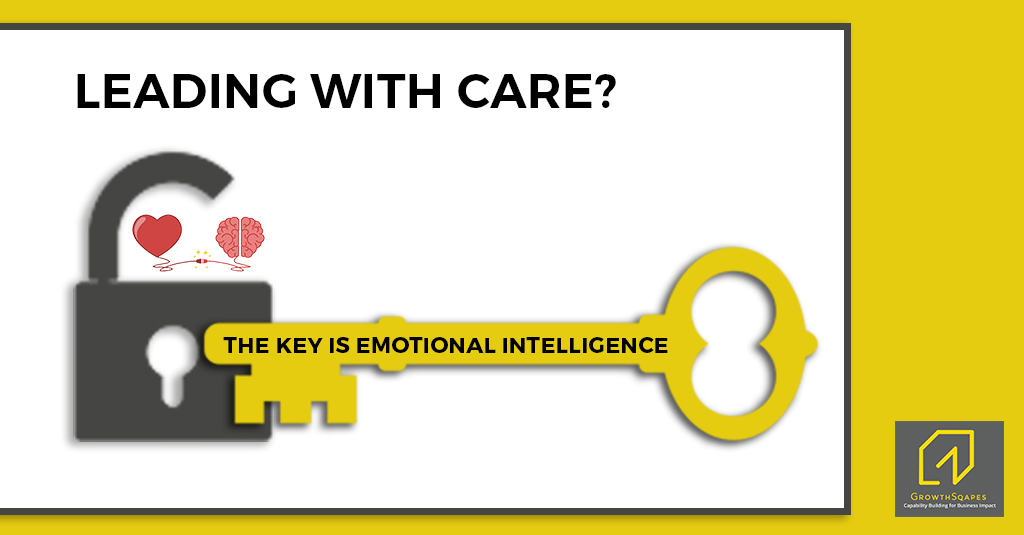Back in a 2019 survey when the world was normal, 36% of the executives thought that Emotional Quotient (EQ) will be the most desired competence within the next three years. 25% of them extended the period with grace to five years. Within a year of this survey by Capgemini Research Institute, came the ‘new normal’ with radical tectonic changes in the world socio-economic system of which organizations are but parts of the whole. Thus, barring a few categories of business that rocketed, pandemic otherwise stormed most organizations with sweeping changes in the way business was performed.
Leaders well-known to exhibit visionary strategic insights and clockwork execution in the ‘normal’ are suddenly getting examined on a range of ‘new normal’ paradoxes. The latest mandate for leadership in the new normal; a critical behavioral measure as a determinant variable in this wavy covid-19 continuum that could have the most significant impact on a leader’s effectiveness – The Leader’s Emotional Quotient.
In the amphitheater of an organization, a leader irrespective of the rung of the organizational ladder he belongs to, has five arenas to perform –
i) managing process
ii) managing products or services
iii) managing people
iv) managing perceptions.
The way the leader performs in these arenas is determined by how he performs in the fifth arena which may directly not meet the eye of the organizational onlookers –
v) managing self.
Intelligence Quotient (IQ) is insufficient and only partially affords the above. Total leadership effectiveness is achieved through Emotional Quotient (EQ). EQ is the leader’s X-factor. The ability to make sense of the surrounding, usage of the sense made, and channelizing one’s own emotional energy in positive ways to ease stress, communicate effectively, empathizing with others, overcome challenges of relating despite differences, and transforming conflicts into collaborations.
These clearly are beyond the reach of cognitive faculties and calls for an active emotive faculty. Thus, without EQ ‘managing self’ is seldom a reality for leaders. The ill of this reflects gravely in the case of senior leaders of the organizations who are lonely at the top, bereft of any frank feedback, make key decisions that influence the strategic path of the organization. One wrong foot forward due to overuse of IQ and abandoning the EQ has devastating effects that could last long.
What’s even worse, a leader without EQ is on his way to becoming what is called a ‘narcissistic leader’. Someone full of himself and oblivious of what’s happening around, with an excessive need for admiration, complete indifference to what others feel, inability to take slightest of the criticism, and a heightened sense of entitlement.
While organizations ride the rollercoaster of Covid19 waves, their leaders need to play the role of resilience-provider providing for the emotional, physical, and psychological endurance of their people. Leaders are expected to demonstrate high degrees of empathy towards the employees and reassure them about the future. Leaders are to act on hope-restoration by infusing positivity.
Inspire people to adopt and practice a calm and composed approach to daily life regardless of what comes next, often providing necessary psychological, financial, and socio-logistic support to their people to facilitate their work-from-home realities. Above all, it is now that the leader must take personal responsibility and facilitate the performance achievement of his people.
To ensure this support to employees, leaders must adjust, adapt and be responsive to the uncertainties triggered by the COVID-19 pandemic across the organization. It is the leader’s EQ-based resilience response that can significantly influence his people’s resilience, well-being, engagement and identification with the organization, performance, commitment, creativity, and positive organizational citizenship behavior. Can any leader deliver these if he is not a High EQ Leader?
In a fleeting spell, the coronavirus has shown multiple deaths to many organizations. Many escaped deaths from a sniffing distance. This obviously has an unseen psychosomatic effect on an organization’s mindscape. Communicating bad news is a tough skill. Getting people to deliver even when the ‘new normal’ has most things ‘abnormal’. Few homes and domestic family processes are seldom designed to double-up as offices.
Yet, the leader needs to show business results through his people. Through self-awareness by high EQ, the leader uses a polite yet firm, tough yet loving, authoritative yet affiliative, demanding yet supportive style that creates an organizational climate that nurtures trust and performance.
The high EQ leader, therefore, is a ‘balanced being’ aware of his own thoughts, feelings and how the thoughts and feelings manifest as behavior. Being high on EQ is about having the ability to identify and manage not only one’s own emotions but that of others and groups too. EQ is a fundamental competency for effective leaders and is a reliable predictor of professional and personal excellence. Thus, the X-Factor of the leadership effectiveness is ‘High EQ’ and it impacts organizational profitability and performance.
Here’s an endorsement of the high EQ leadership-
“I have always lead people with affection. No success or achievement in material terms is worthwhile unless it serves the needs or interests of the country and its people and is achieved by fair and honest means.” – J.R.D.Tata
(Upcoming Next: The 5 things that a high EQ leader does)
[Disclaimer: Wherever a gender-specific pronoun is used, it should be understood as referring to both genders, unless explicitly stated. This is done solely for the purpose of making the text easier to read, and no offense or sexism is intended.]
This blog has been written by Baalmiki Bhattacharyya, Partner & COO at GrowthSqapes.

